
Collaboration needed to combat Enterococcus in broilers
A “Viewpoints” article
by Autumn Gregg, DVM
Poultry resident
Mississippi State University

A “Viewpoints” article
by Autumn Gregg, DVM
Poultry resident
Mississippi State University

Avian metapneumovirus has not been detected in the US since the 1990s. So, it was a surprise in 2023 when cases began surfacing in Virginia, West Virginia and North Carolina. By January 31, 2024, the Georgia Poultry Laboratory Network received its first suspect case. Here’s what they did.

By W.A. Dozier, III, PhD
Department of Poultry Science
Auburn University and Alabama Cooperative Extension System
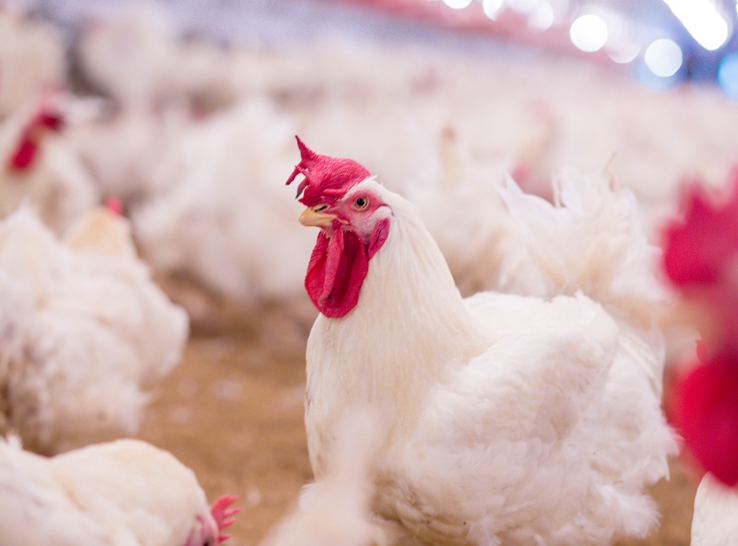
A precision poultry-feeding system developed by University of Alberta scientists has the potential to bring improved fertility, better flock uniformity and significant savings for broiler breeder producers.
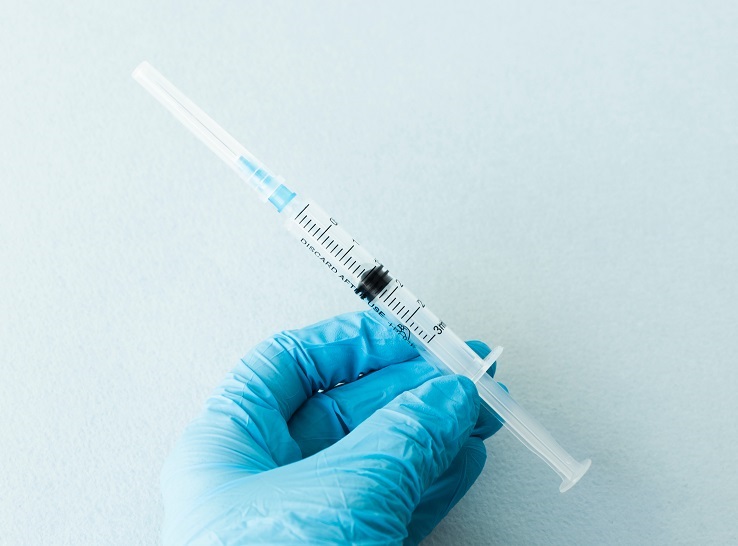
Europeans have battled avian metapneumovirus (aMPV) since the 1980s. Today, live and inactivated vaccines keep aMPV under control in Europe and most of the world except in the US, according to Aris Malo, DVM, Royal Dutch Veterinary Association.
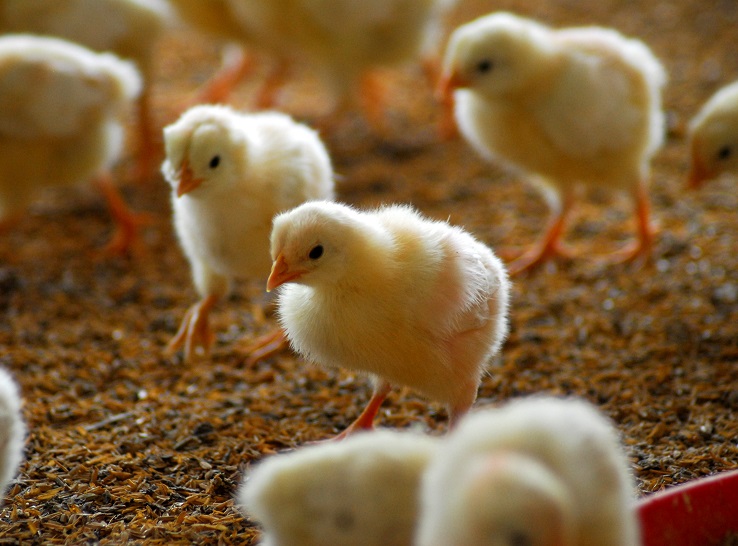
USDA has authorized Boehringer Ingelheim to import two of the company’s live-virus vaccines for emergency use to help protect US poultry against avian metapneumovirus (aMPV) — a highly contagious respiratory viral infection that can result in severe respiratory symptoms and increased mortality in poultry.
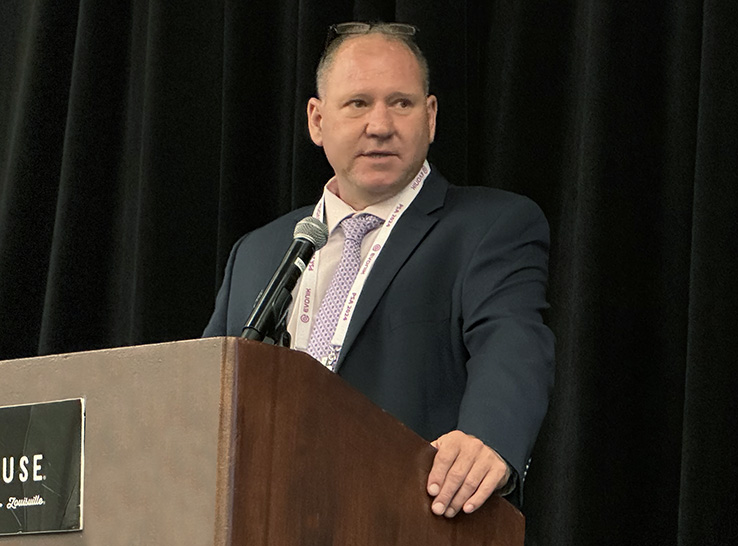
In the last 2 decades, strides in poultry nutrition helped build profitability for poultry producers in the US and around the world. Average US feed-conversion rates (FCR) have improved by 23 points (0.23) since 2000, according to Michael Kidd, PhD, professor in the Department of Poultry Science at the University of Arkansas.

Poultry genetics has evolved rapidly in the last 2 decades and continues to advance steadily, but research from Cargill Animal Nutrition suggests that birds’ diets need to be updated alongside genetic progress to maximize performance.
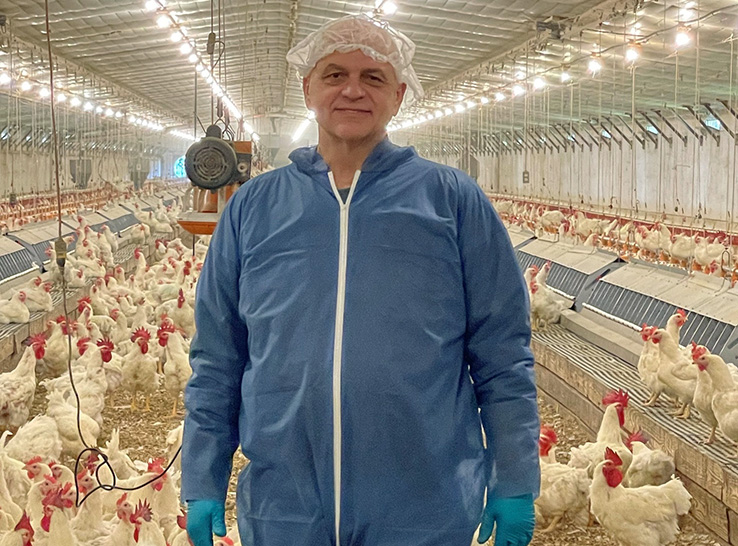
By W. A. Dozier, III, PhD
Department of Poultry Science
Auburn University and
Alabama Cooperative Extension System
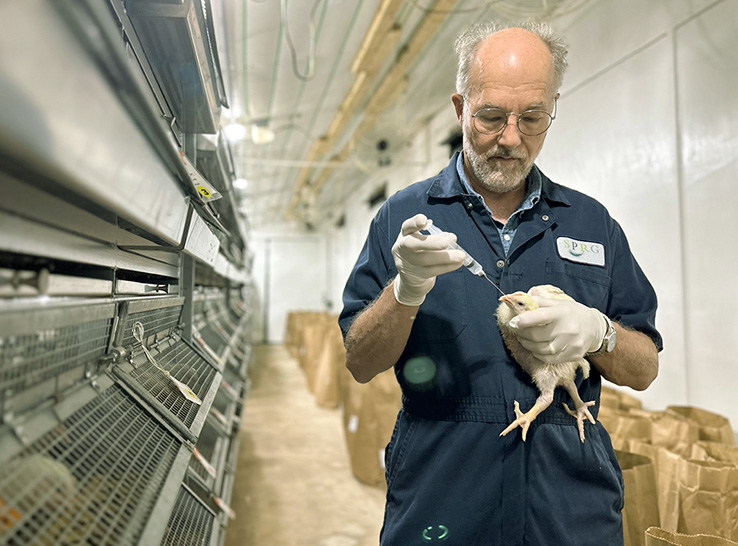
Controlling foodborne pathogens in poultry requires nearly identical approaches whether production is conventional or antibiotic-free, according to Chuck Hofacre, DVM, PhD, president of the Southern Poultry Research Group, Inc.
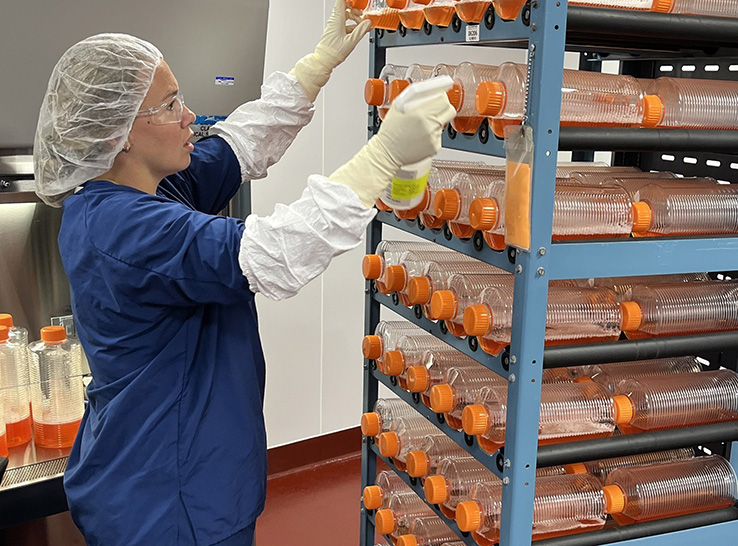
Ceva Animal Health has started antigen production for an experimental autogenous vaccine to fight the emerging avian metapneumovirus (aMPV) disease.
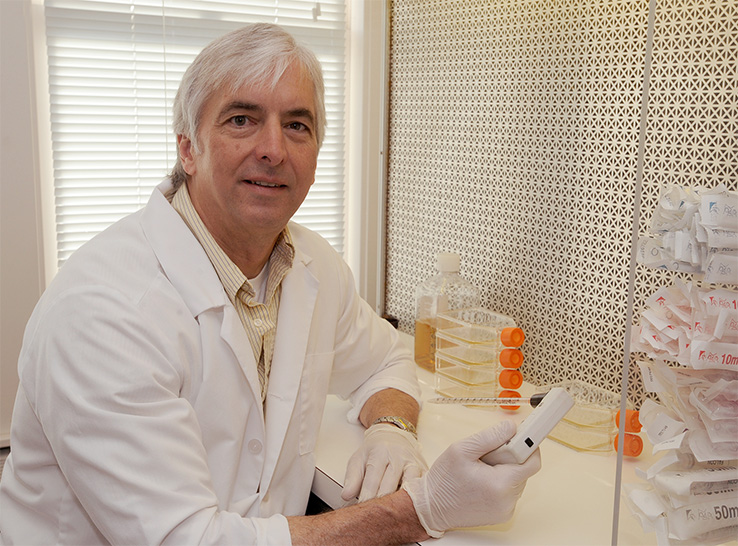
The message is clear and one that Daral Jackwood, PhD, The Ohio State University, has delivered for years: Young chickens need maternal immunity to protect them from immunosuppression and secondary diseases caused by infectious bursal disease.